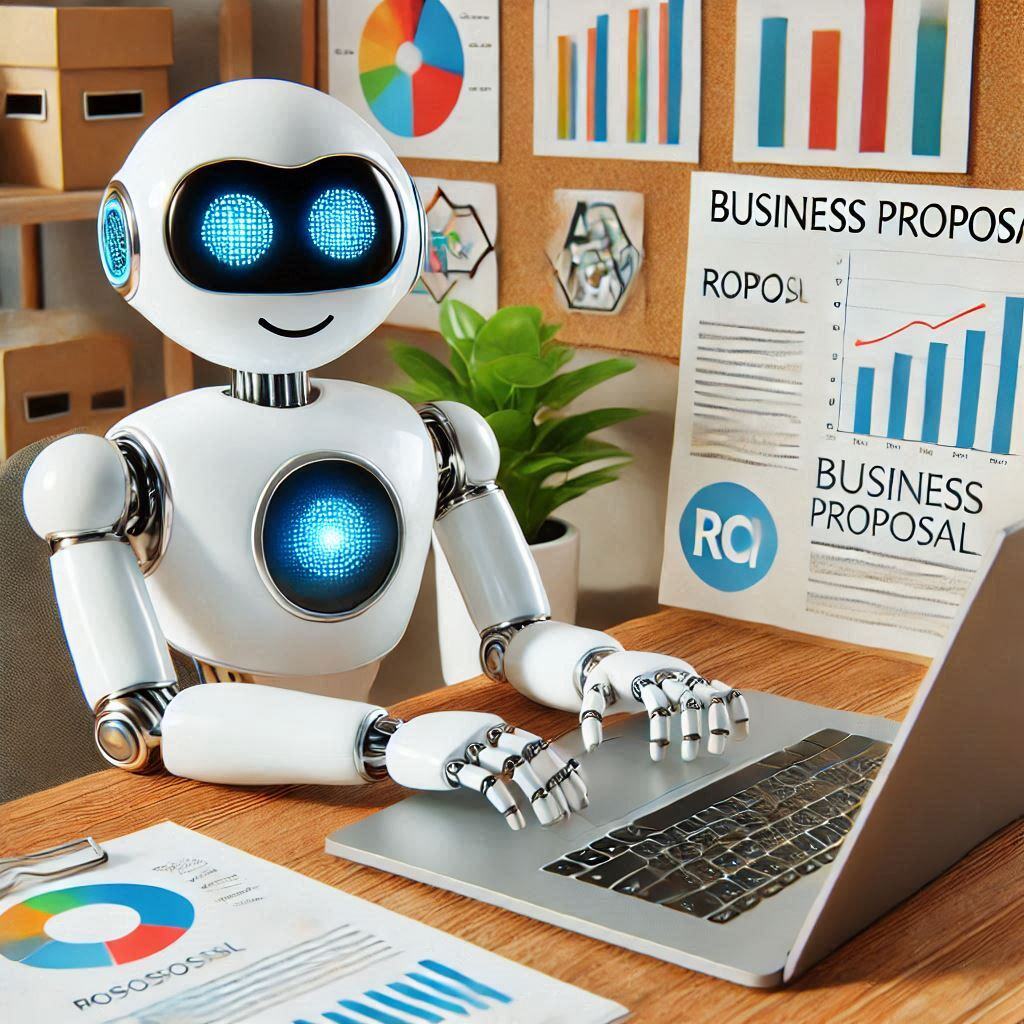What Is a Solopreneur? Boost Success with Agentic AI
Choosing to become a solopreneur is like deciding to take the scenic route on a road trip—you control the pace, choose your stops, and create your...
Explore AI grant writing to streamline the process, enhancing efficiency, accuracy, and collaboration for nonprofits and research organizations.
In the competitive world of grant funding, every advantage counts. Nonprofits and research organizations are constantly seeking innovative ways to streamline their grant writing process and increase their chances of success. The emergence of AI-powered tools has transformed the landscape, but are they truly enterprise-ready solutions? Let's dive into the potential of AI for grant writing, specifically focusing on the power of multi-agent systems and no-code platforms like Integrail.
Absolutely. AI has the potential to transform grant writing by automating repetitive tasks, generating ideas, and streamlining the writing process. AI tools can help you:
However, it's important to remember that AI is not a magic bullet. While it can be a valuable asset, it's not a replacement for human expertise and judgment.
Yes, you can use ChatGPT for grant writing, but with limitations. ChatGPT is a powerful language model that can generate text, summarize information, and brainstorm ideas. It can be a helpful tool for drafting sections of your proposal or getting started with the writing process.
However, ChatGPT has limitations that make it unsuitable as a standalone solution for grant writing:
This is where multi-agent systems and no-code platforms like Integrail can bridge the gap, providing a more comprehensive and customizable solution for AI grant writing.
Imagine having a team of AI specialists dedicated to crafting your grant proposals:
With this multi-agent approach, you create a powerhouse team that works tirelessly to produce grant proposals that are not only well-written but also deeply aligned with your organization's identity and goals.
Building such a powerful AI team might sound complex, but no-code platforms like Integrail make it remarkably accessible. With Integrail's intuitive interface, you can design, deploy, and manage these specialized AI agents without writing a single line of code. This democratizes the power of AI grant writing, making it accessible to organizations of all sizes and technical expertise.
By following these best practices and embracing the power of AI, your organization can streamline the grant writing process, increase your chances of success, and ultimately, achieve greater impact.

Choosing to become a solopreneur is like deciding to take the scenic route on a road trip—you control the pace, choose your stops, and create your...

Creating visuals that stand out can feel overwhelming. Whether it’s a social media post, a product banner, or even an educational infographic, you’re...

Business proposals are critical for organizations aiming to win contracts, secure funding, or pitch innovative ideas. Crafting these documents,...
Start your journey with Integrail

Try AI Studio by Integrail FREE and start building AI applications without coding.

NEW White Paper: Discover how AI Studio accelerates your workflows